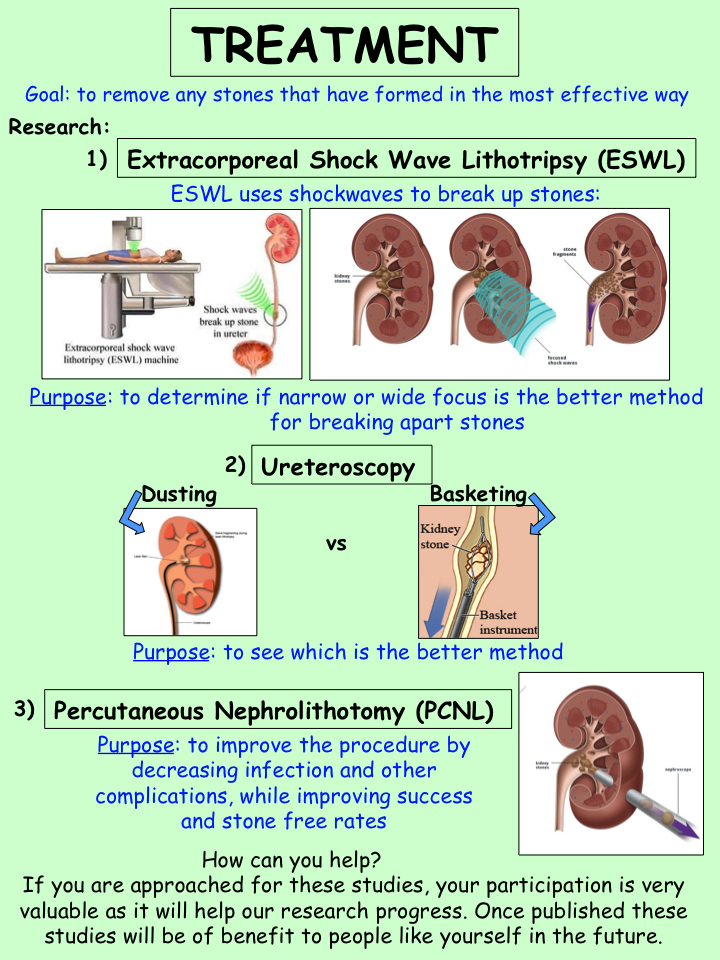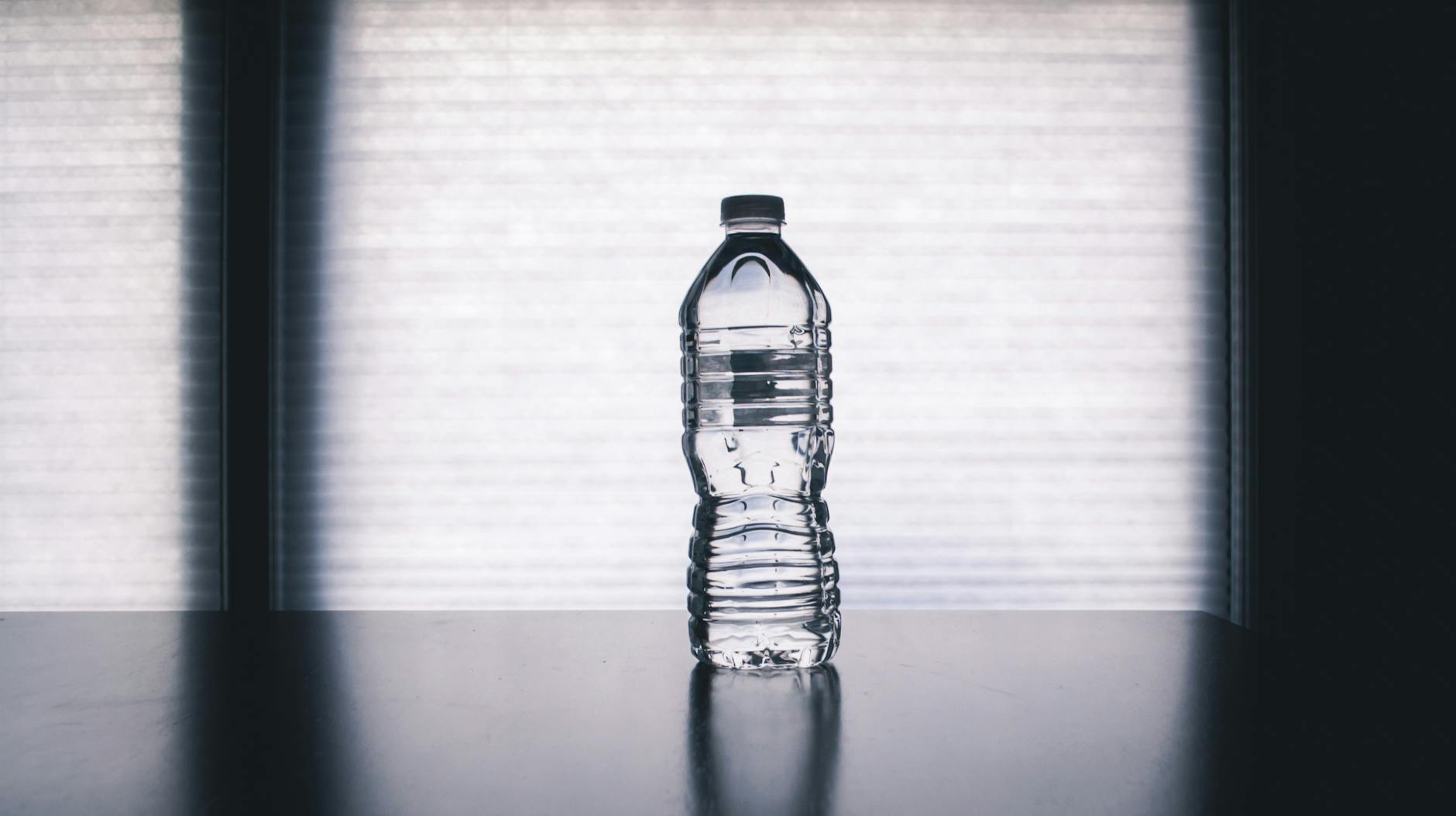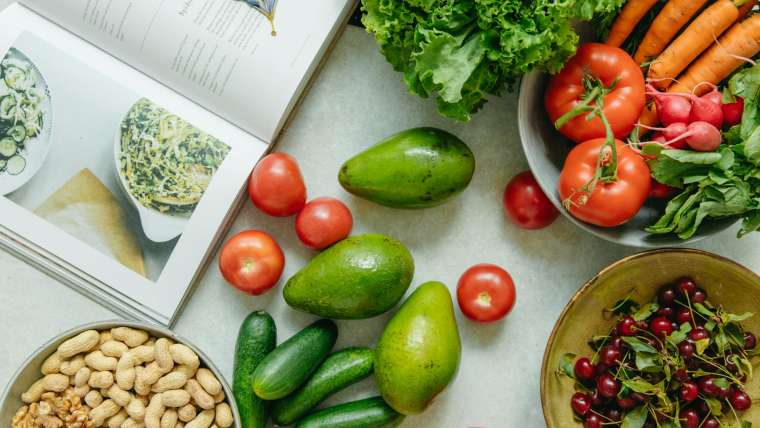Discover the surprising natural remedies and innovative treatments that can help you conquer kidney stones for good. Don’t miss out!
Table of Contents
- Introduction: The Uncomfortable World of Kidney Stones
- What Are Kidney Stones?
- Common Causes of Kidney Stones
- Symptoms to Watch Out For
- How Kidney Stones Affect Your Health
- Preventing Kidney Stones
- Diagnosing Kidney Stones
- Treatment Options
- Dealing with Kidney Stone Pain at Home
- Living with Kidney Stones: Tips and Tricks
- Conclusion: You Can Overcome Kidney Stones!
- FAQs About Kidney Stones
Introduction: The Uncomfortable World of Kidney Stones
Have you ever heard about kidney stones? They may sound small, but these little crystals can cause big problems in your body. Let’s take a closer look at what kidney stones are all about.
Kidney stones are hard crystals that form inside your kidneys. These tiny stones can be as small as a grain of sand or as large as a marble. Imagine having something like that inside your body! Ouch!
When these kidney stones start to form, they can make your life very uncomfortable. Let’s find out more about how they come to be and why they can be so tricky to deal with.
What Are Kidney Stones?
Kidney stones are tiny, hard crystals that can form inside your kidneys. Your kidneys are important organs that help filter waste and extra fluids from your blood to make urine. But sometimes, these crystals can stick together and grow into bigger stones that can cause problems in your body. Let’s learn more about how they form and why they can be a problem.
Kidney Stone Formation
Normally, your kidneys work hard to filter your blood and remove waste products. But when there is not enough water in your body or if certain substances are too concentrated, these crystals can start to form. Over time, they can clump together and become kidney stones, which can get stuck in your urinary tract and cause pain.
Types of Kidney Stones
There are different types of kidney stones, such as calcium stones, struvite stones, uric acid stones, and cystine stones. Each type can form for various reasons and may require different treatment approaches.
Why Kidney Stones Hurt
Kidney stones can be really painful because as they move through your urinary tract, they can get stuck or scratch the inside lining, causing discomfort. The pain can be sharp and severe, often felt in your belly or back, depending on where the stone is located.
Common Causes of Kidney Stones
Kidney stones can be quite uncomfortable, but do you know what causes them to form in the first place? Let’s explore some common factors that contribute to the development of kidney stones!

Image courtesy of www.nm.org via Google Images
Dehydration and Diet
One of the main culprits behind kidney stone formation is dehydration. When you don’t drink enough water, your urine becomes more concentrated, making it easier for stones to develop. Additionally, certain foods high in salt, sugar, and animal proteins can also increase your risk of developing kidney stones.
Medical Conditions
Sometimes, underlying medical conditions like high blood pressure and type 2 diabetes can also play a role in the formation of kidney stones. These conditions can affect the balance of minerals in your body, contributing to the crystallization of stones in your kidneys.
Symptoms to Watch Out For
When it comes to kidney stones, being aware of the symptoms can help you catch them early. Here are some signs to look out for:
Pain in the Belly or Back
One common symptom of kidney stones is experiencing pain in your belly or back. This pain can come in waves and might be severe. It usually starts in your side or lower back and can radiate to your abdomen and groin. If you notice this type of discomfort, it’s essential to speak to a grown-up about it so they can help you get the care you need.
Other Warning Signs
Aside from pain, there are other warning signs that might indicate the presence of kidney stones. Keep an eye out for blood in your urine, which can make it pink, red, or brownish. Additionally, look for signs of infection, like having a fever or feeling sick to your stomach. If you notice any of these symptoms, it’s crucial to tell a trusted adult so they can take you to the doctor for further evaluation.
How Kidney Stones Affect Your Health
When kidney stones form in your body, it’s not just the discomfort of passing them that you need to worry about. These pesky little stones can actually have some lasting effects on your overall health. Let’s take a closer look at how kidney stones can impact your well-being.

Image courtesy of www.researchgate.net via Google Images
Connections to Blood Pressure
Did you know that having kidney stones could potentially affect your blood pressure? Research suggests that there may be a link between kidney stones and high blood pressure. When your kidneys are unable to function properly due to the presence of stones, it can lead to complications that may elevate your blood pressure levels. This is why it’s important to address kidney stones promptly and not ignore any symptoms.
Risk of Infections
Another health concern that kidney stones bring along is the increased risk of developing infections. When the stones block the flow of urine or irritate the urinary tract, bacteria can build up, causing infections like urinary tract infections (UTIs) or even kidney infections. These infections can be painful and if left untreated, they can lead to more serious complications. So, if you suspect you have kidney stones, it’s crucial to seek medical help to prevent any infections from occurring.
Preventing Kidney Stones
It’s essential to take steps to prevent the formation of kidney stones, as they can be quite painful and uncomfortable. Making some lifestyle changes and following certain tips can help reduce the risk of developing these hard crystals in your kidneys. Here are some ways to prevent kidney stones:
Stay Hydrated
One of the most crucial things you can do to prevent kidney stones is to drink plenty of water. Staying hydrated helps to dilute the substances in your urine that can lead to the formation of stones. Aim to drink at least 8-10 glasses of water a day to keep your kidneys healthy and functioning properly.
Healthy Eating
Another way to prevent kidney stones is to maintain a healthy diet. Certain foods can increase the risk of stone formation, so it’s essential to avoid or limit them. Foods high in oxalates, like spinach, nuts, and chocolate, can contribute to the development of kidney stones. Instead, focus on eating a balanced diet rich in fruits, vegetables, and whole grains to reduce your risk.
| Method | Description |
|---|---|
| Dietary changes | Increasing fluid intake, reducing sodium and protein consumption, and avoiding oxalate-rich foods |
| Medication | Taking medications to help dissolve stones or reduce stone formation, such as thiazide diuretics or potassium citrate |
| Extracorporeal shock wave lithotripsy (ESWL) | Using shock waves to break up kidney stones into smaller pieces that can be passed more easily |
| Ureteroscopy | Using a small scope to remove or break up stones located in the ureter or kidney |
| Percutaneous nephrolithotomy | A surgical procedure to remove larger kidney stones through a small incision in the back |
Diagnosing Kidney Stones
When you suspect you might have kidney stones, it’s essential to visit a doctor for a proper diagnosis. The doctor will ask you about your symptoms and medical history. It’s crucial to be honest and provide all the information needed for an accurate diagnosis.

Image courtesy of www.linkedin.com via Google Images
Going to the Doctor
During your appointment, the doctor will likely perform a physical exam to check for any signs of kidney stones. They may gently press on your abdomen and back to see if there is tenderness or pain, which could be a symptom of kidney stones.
Tests You Might Need
In addition to the physical exam, the doctor may order certain tests to confirm the presence of kidney stones. These tests could include:
- Ultrasound: A non-invasive test that uses sound waves to create images of your kidneys and bladder.
- X-ray: This imaging test can show the location and size of kidney stones.
- CT scan: A more detailed imaging test that provides a clear picture of the kidneys and any stones present.
- Urinalysis: A urine test to check for blood or other substances that may indicate the presence of kidney stones.
Based on the results of these tests, the doctor will be able to diagnose whether you have kidney stones and determine the appropriate treatment plan to help you manage them effectively.
Treatment Options
When it comes to dealing with kidney stones, there are various treatment options available. The approach taken will depend on the size of the stones, their location, and the symptoms they are causing. Here are some common treatment options doctors might recommend:
When Stones Can Pass on Their Own
Believe it or not, some small kidney stones can actually pass out of the body on their own without the need for intervention. In these cases, a doctor may suggest drinking plenty of water to help flush the stones out. Pain medication may be prescribed to help manage any discomfort during this process. It’s essential to follow your doctor’s advice closely and monitor your symptoms.
Medical Procedures
For larger kidney stones or those causing severe symptoms, medical procedures may be necessary to remove or break down the stones. One common procedure is shock wave lithotripsy, where sound waves are used to break the stones into smaller pieces that can pass more easily. In other cases, a doctor may need to perform a minimally invasive surgery to remove the stones directly.
Dealing with Kidney Stone Pain at Home
Dealing with kidney stone pain can be tough, but there are some things you can do to help manage the discomfort while at home. Here are some tips on how to make the pain more bearable:

Image courtesy of stonecentrevgh.ca via Google Images
Pain Management Techniques
1. Drink plenty of water: Staying hydrated can help flush out the stone and lessen the pain.
2. Use heat therapy: Applying a heating pad or warm towel to the area where you feel the pain can provide some relief.
3. Take over-the-counter pain medications: Consult with a parent or guardian before taking any medication, but mild pain relievers like ibuprofen or acetaminophen can help ease the discomfort.
4. Try gentle exercises: Sometimes, light physical activity like walking can help alleviate the pain by promoting blood flow.
When to Call a Doctor
If the pain becomes severe and unbearable, it’s essential to seek medical help right away. Here are some signs that indicate you should contact a doctor immediately:
1. Persistent, intense pain that doesn’t improve with home remedies.
2. Fever and chills along with the pain.
3. Blood in your urine.
4. Difficulty urinating or passing urine.
Remember, it’s always better to be safe than sorry when it comes to kidney stone pain. Don’t hesitate to reach out to a healthcare provider if you’re experiencing severe discomfort.
Living with Kidney Stones: Tips and Tricks
In addition to managing kidney stones, there are some practical tips and tricks that can make living with this condition a bit easier. Here are a few suggestions that might help you deal with kidney stones on a day-to-day basis.
Monitoring Health
It’s essential to keep an eye on your overall health, especially if you have had kidney stones in the past. Individuals with a history of kidney stones are at higher risk of developing conditions like high blood pressure. So, make sure to monitor your blood pressure regularly and consult your healthcare provider for guidance on managing it effectively.
Regular Check-Ups
If you have been diagnosed with type 2 diabetes, it’s crucial to attend regular check-ups with your doctor. People with diabetes are more prone to developing kidney stones, so staying on top of your health can help in preventing complications. Your healthcare provider can provide valuable advice on how to reduce your risk of kidney stones and maintain your overall well-being.
Conclusion: You Can Overcome Kidney Stones!
After learning about the uncomfortable world of kidney stones, understanding their formation, causes, symptoms, and treatment options, it might feel overwhelming. But here’s the good news – you can overcome kidney stones! By following some simple tips and working closely with your doctor, you can manage and even prevent kidney stones from causing you any more trouble.

Image courtesy of in.pinterest.com via Google Images
Remember, kidney stones might be painful and inconvenient, but they are manageable. If you stay hydrated, eat a healthy diet, and keep up with your check-ups, you can stay on top of your kidney stone health. And if you ever experience any pain or discomfort, don’t hesitate to reach out to your doctor for help. You’re not alone in this journey!
FAQs About Kidney Stones
Can kids get kidney stones too?
Yes, kids can also get kidney stones, although it is less common than in adults. Factors like dehydration, certain medical conditions, or a family history of kidney stones can increase the risk for children. If a child experiences symptoms like severe pain, blood in the urine, or vomiting, it’s essential to seek medical attention promptly.
Do kidney stones happen more than once?
Unfortunately, kidney stones can indeed happen more than once. Once a person has had them, they are more likely to develop them again in the future. It’s crucial to work with a doctor to determine the underlying causes of the stones and make appropriate lifestyle changes to prevent future occurrences. Following a doctor’s advice on staying hydrated, following a healthy diet, and managing any related medical conditions is essential in reducing the risk of recurrent kidney stones.





